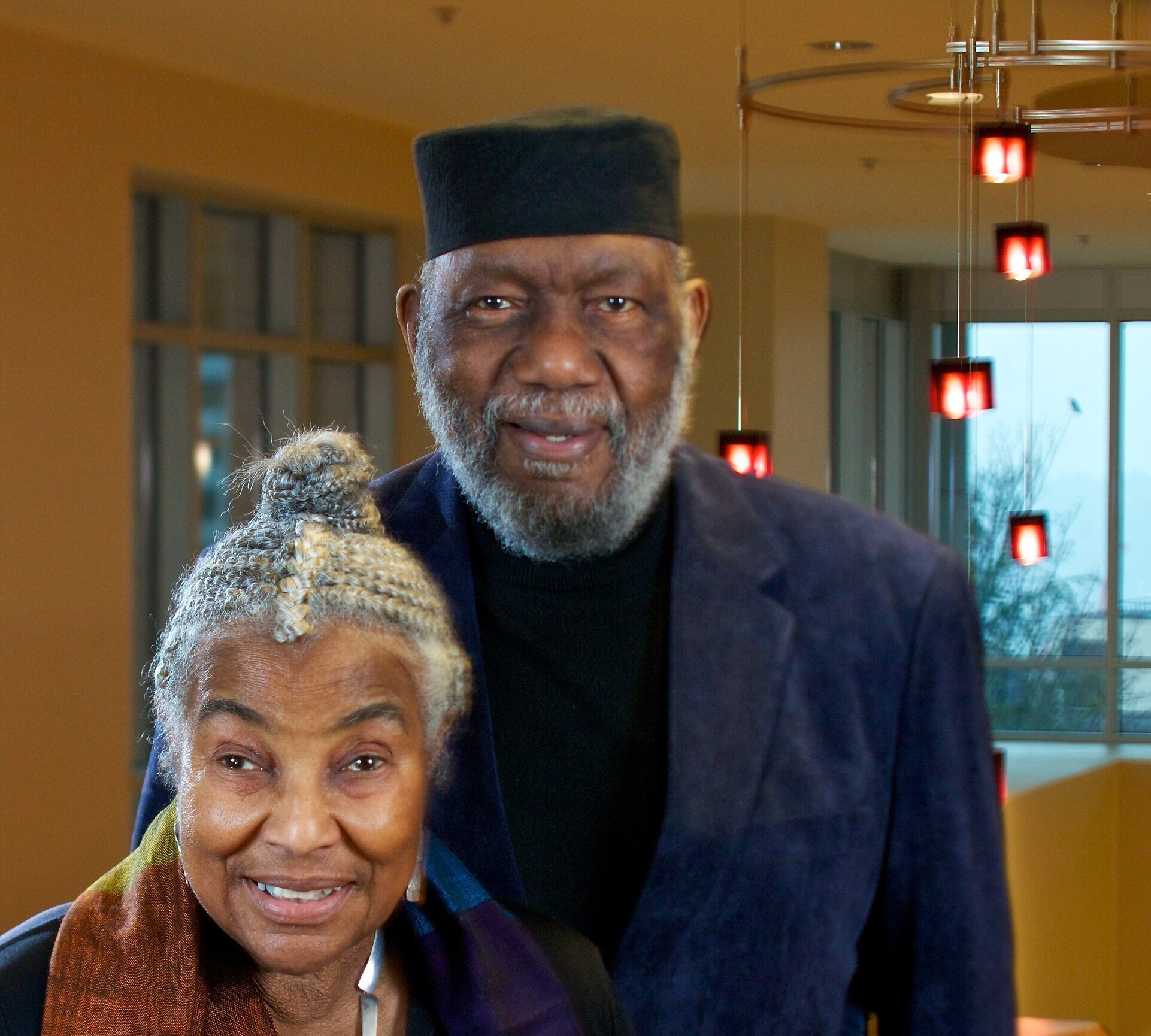Congratulations to our 2022-23 Scholars!
Cordelia Cochran
Cordelia Cochran (she/her/hers), MS, LMHC, RN, is a third-year student in the Doctor of Nursing Practice Family Psychiatric Mental Health Nurse Practitioner (DNP-PMHNP) program at Seattle University.
As a mental health therapist in community mental health, Cordelia consistently saw gaps in access to care for marginalized populations, specifically regarding access to providers. That is why she entered her program to become a Family Mental Health Nurse Practitioner. She wanted to be part of the solution and help fill in those care gaps. Cordelia eventually plans to mentor others who want to become providers.
Rimisha Lal
Rimisha Lal (she/her), BSN, RN, is a third-year Doctor of Nursing Practice student in the Psychiatric Mental Health Nurse Practitioner (PMHNP) program at Seattle University.
Rimisha is currently in school and working as a registered nurse at a Mood and Anxiety Treatment Center in Seattle, Washington. Before she graduates, one of her goals is to conduct research on prevention and early intervention in youth mental health for middle school students in King County.
Myriam Pierre Oluyinka
Myriam Pierre Oluyinka (she/her), MPH, RN, is a second-year Doctor of Nursing Practice student in the Family Psychiatric Mental Health Nurse Practitioner (DNP-PMHNP) program at Seattle University.
Myriam was born and raised in Miami, Florida, and is a second-generation Haitian immigrant. Her short-term goal upon graduating is to either complete a psychiatric residency training program or work in an outpatient setting as a Psychiatric Nurse Practitioner.
Lilia Peng
Lilia Peng (she/they), ND, BSN, RN, is a third-year Doctor of Nursing Practice student in the Psychiatric Mental Health Nurse Practitioner track at the University of Washington.
Lilia began her healthcare career as a naturopathic physician. She earned her Doctor of Naturopathic Medicine (ND) degree at Bastyr University and completed her residency in chronic disease management at the Quest Center for Integrative Health in Portland, OR.
She was inspired to pursue additional education to specialize in mental health after witnessing the significant need for psychiatric care among her patients.
Keondra Rustan
Keondra Rustan (she/her/hers), Ph.D., RN, CHSE, CNE, is a first-year student Doctor of Nursing Practice student in the Psychiatric Mental Health Nurse Practitioner track at the University of Washington.
Keondra has been a registered nurse for almost 15 years with a background in cardiac medicine, critical care, and emergency medicine and has worked in academia and simulation for ten years.
Keondra has been very active in serving her community. She recently served as the Chair of the Healthcare Systems, Modeling, and Simulation Group for the Society for Simulation in Healthcare, as well as the Chair of the Clinical Innovations Group for the National Education in Nursing Collaborative and a leading member of the Education and Training Group for the Medical Device Innovation Consortium.

































